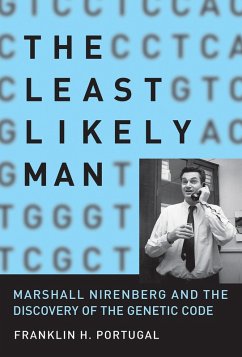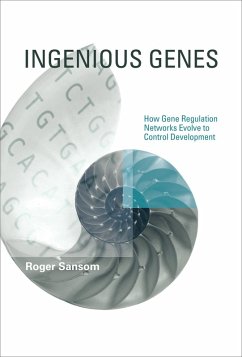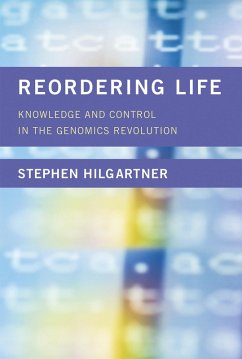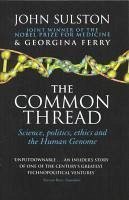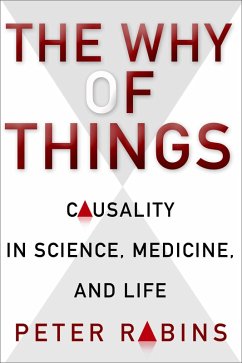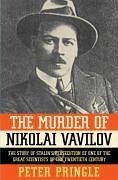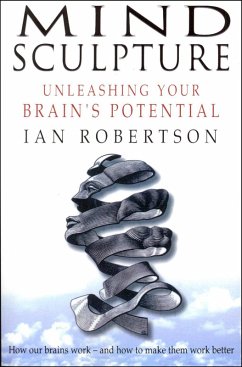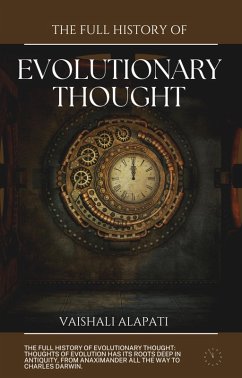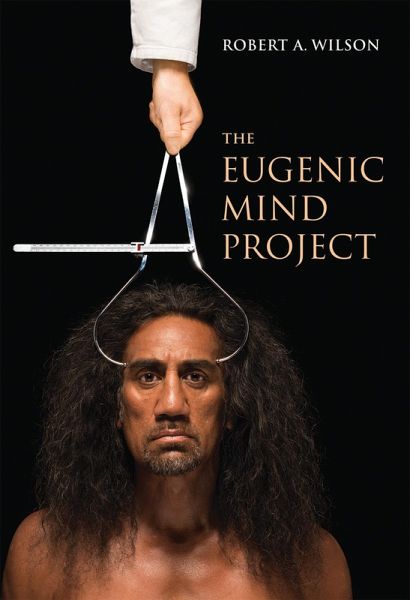
The Eugenic Mind Project (eBook, ePUB)

PAYBACK Punkte
11 °P sammeln!
An examination of eugenic thinking past and present, from forced sterilization to prenatal screening, drawing on experience with those who survived eugenics.Part science and part social movement, eugenics emerged in the late nineteenth century as a tool for human improvement. In response to perceived threats of criminality, moral degeneration, feeble-mindedness, and the rising tide of color, eugenic laws and social policies aimed to better the human race by regulating reproductive choice through science and technology. In this book, Rob Wilson examines eugenic thought and practicefrom forced s...
An examination of eugenic thinking past and present, from forced sterilization to prenatal screening, drawing on experience with those who survived eugenics.
Part science and part social movement, eugenics emerged in the late nineteenth century as a tool for human improvement. In response to perceived threats of criminality, moral degeneration, feeble-mindedness, and the rising tide of color, eugenic laws and social policies aimed to better the human race by regulating reproductive choice through science and technology. In this book, Rob Wilson examines eugenic thought and practicefrom forced sterilization to prenatal screeningdrawing on his experience working with eugenics survivors. Using the social sciences' standpoint theory as a framework to understand the intersection of eugenics, disability, social inclusiveness, and human variation, Wilson focuses on those who have lived through a eugenic past and those confronted by the legacy of eugenic thinking today. By doing so, he brings eugenics from the distant past to the ongoing present. Wilson discusses such topics as the conceptualization of eugenic traits; the formulation of laws regulating immigration and marriage and requiring sexual sterilization; the depiction of the targets of eugenics as subhuman; the systematic construction of a concept of normality; the eugenic logic in prenatal screening and contemporary bioethics; and the incorporation of eugenics and disability into standpoint theory.
Individual purchasers of this book will receive free access to the documentary Surviving Eugenics, available at EugenicsArchive.ca/film.
Part science and part social movement, eugenics emerged in the late nineteenth century as a tool for human improvement. In response to perceived threats of criminality, moral degeneration, feeble-mindedness, and the rising tide of color, eugenic laws and social policies aimed to better the human race by regulating reproductive choice through science and technology. In this book, Rob Wilson examines eugenic thought and practicefrom forced sterilization to prenatal screeningdrawing on his experience working with eugenics survivors. Using the social sciences' standpoint theory as a framework to understand the intersection of eugenics, disability, social inclusiveness, and human variation, Wilson focuses on those who have lived through a eugenic past and those confronted by the legacy of eugenic thinking today. By doing so, he brings eugenics from the distant past to the ongoing present. Wilson discusses such topics as the conceptualization of eugenic traits; the formulation of laws regulating immigration and marriage and requiring sexual sterilization; the depiction of the targets of eugenics as subhuman; the systematic construction of a concept of normality; the eugenic logic in prenatal screening and contemporary bioethics; and the incorporation of eugenics and disability into standpoint theory.
Individual purchasers of this book will receive free access to the documentary Surviving Eugenics, available at EugenicsArchive.ca/film.
Dieser Download kann aus rechtlichen Gründen nur mit Rechnungsadresse in A, B, BG, CY, CZ, D, DK, EW, E, FIN, F, GR, HR, H, IRL, I, LT, L, LR, M, NL, PL, P, R, S, SLO, SK ausgeliefert werden.




